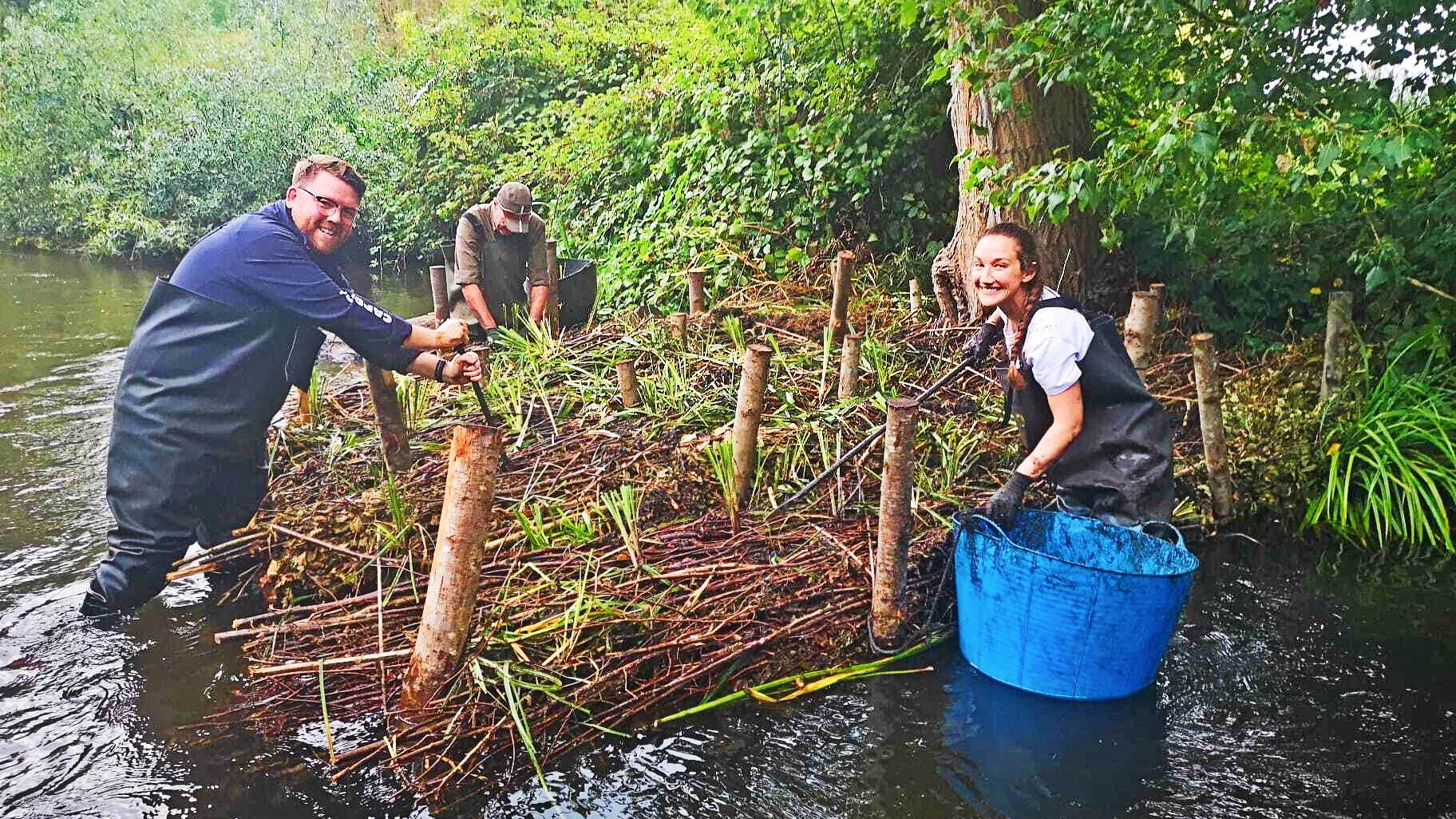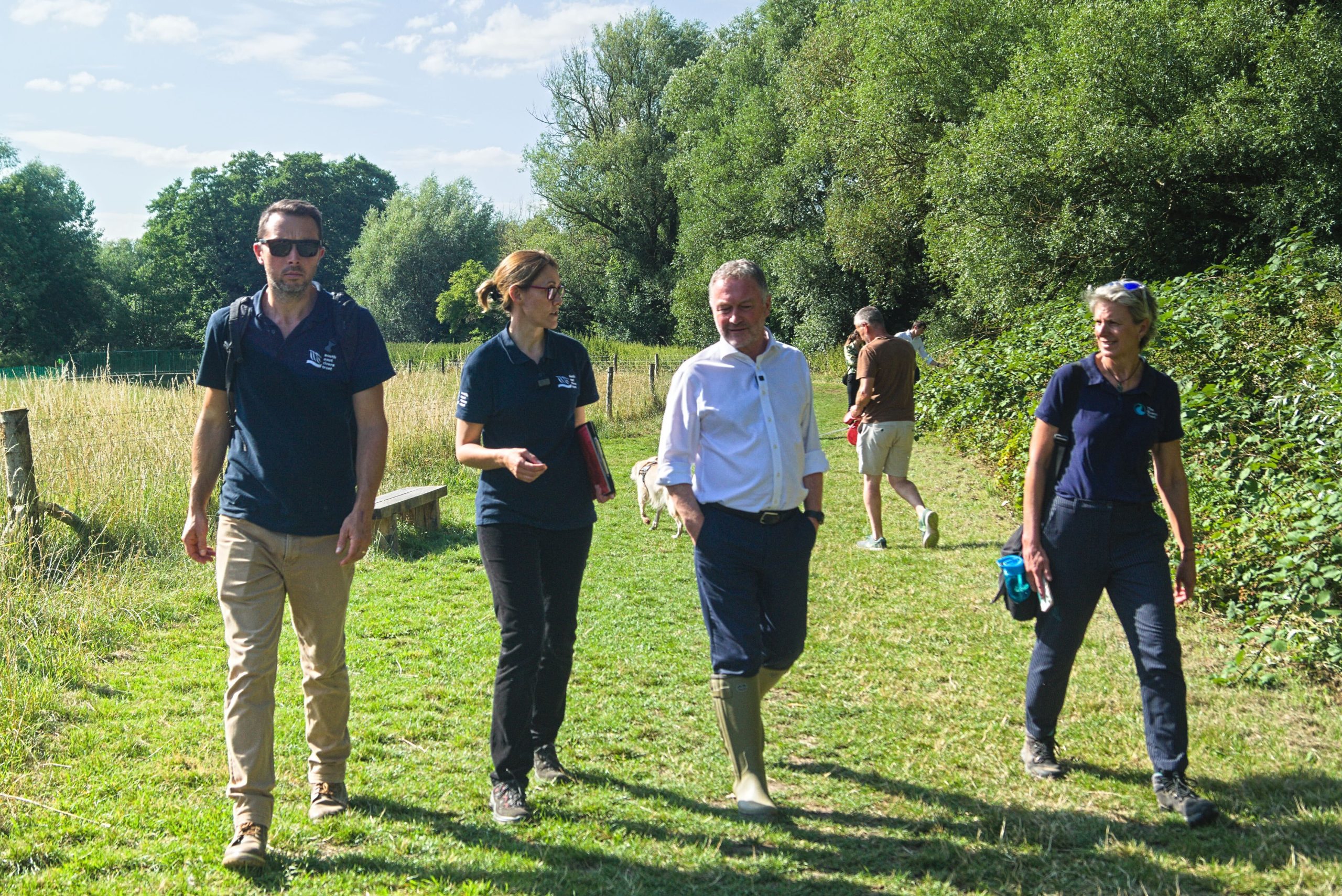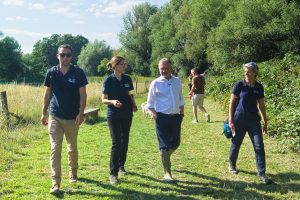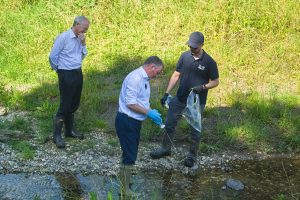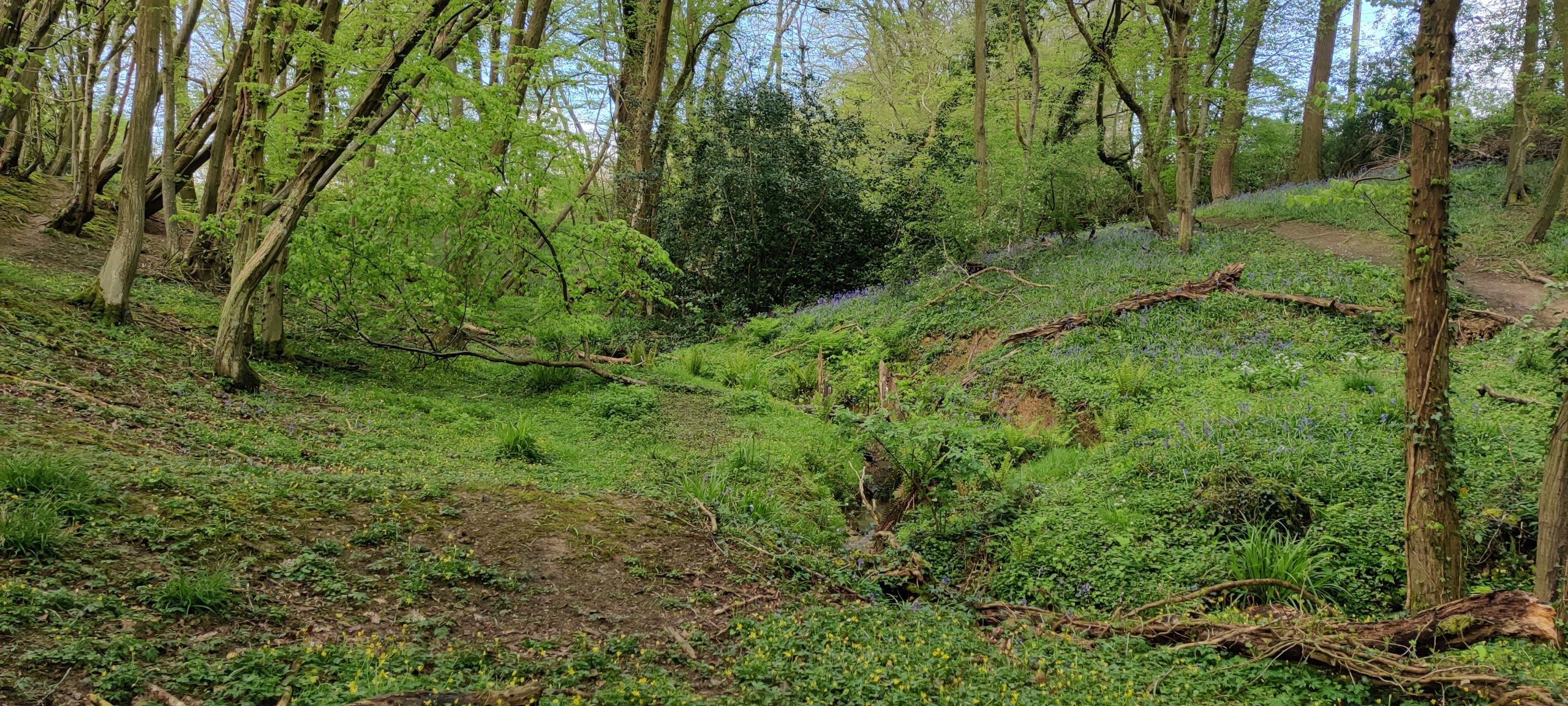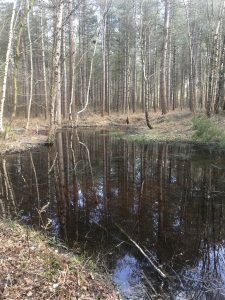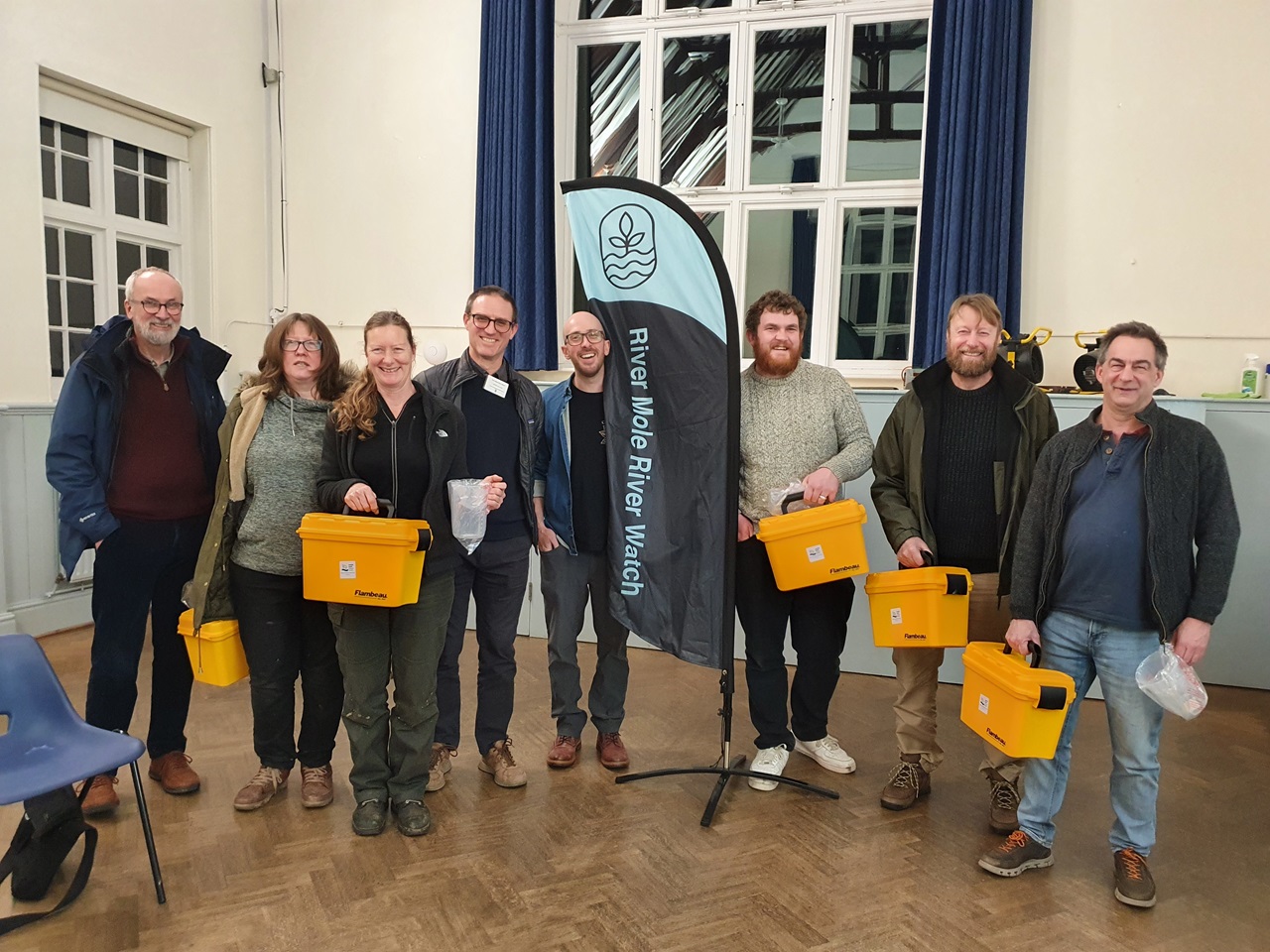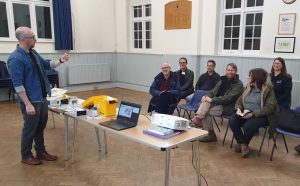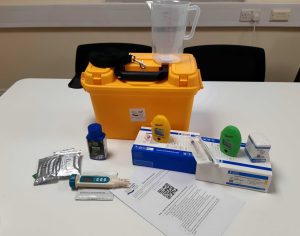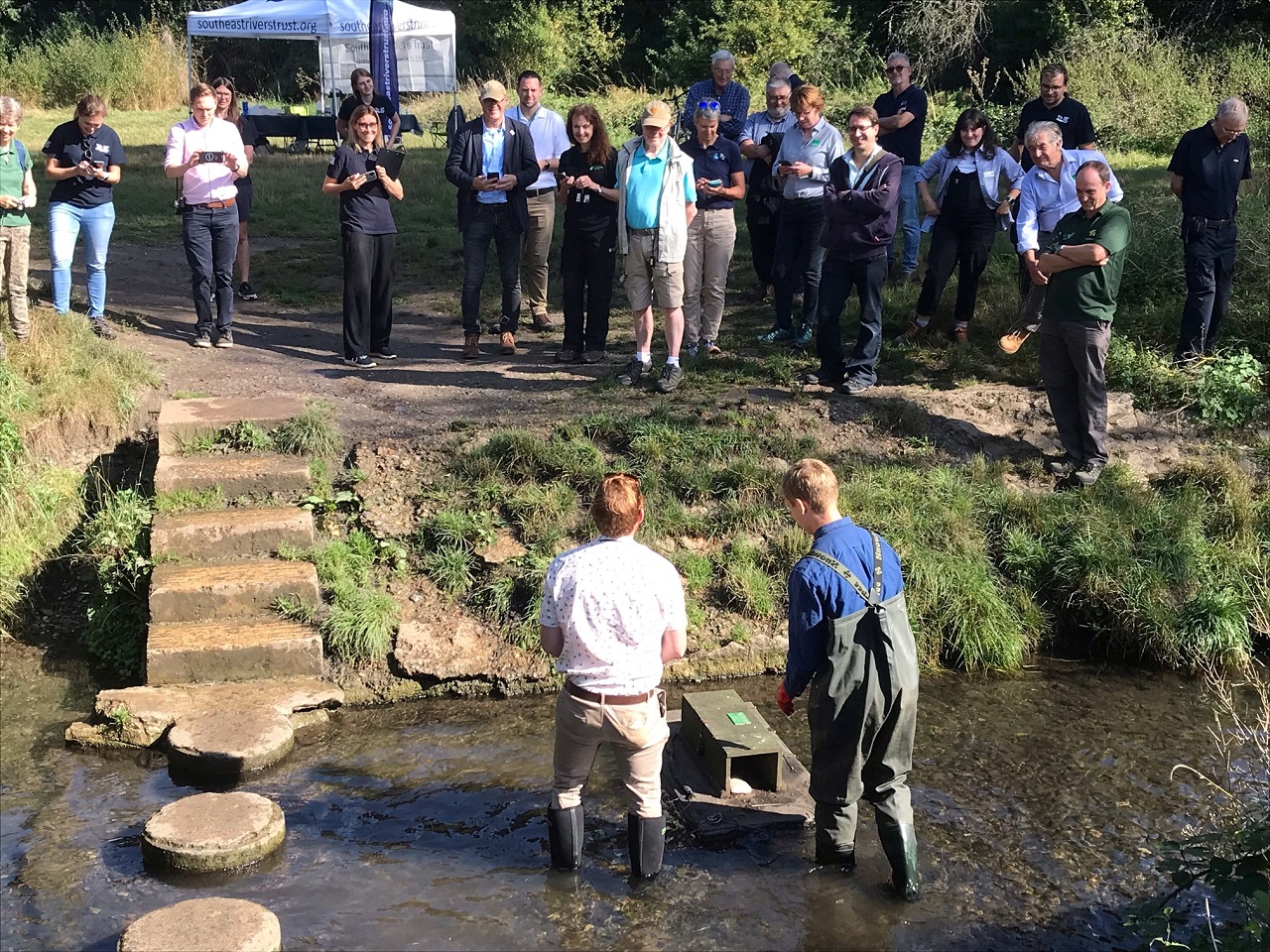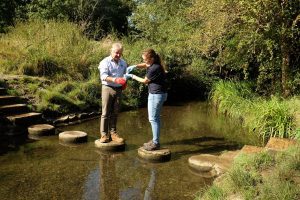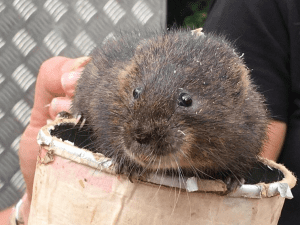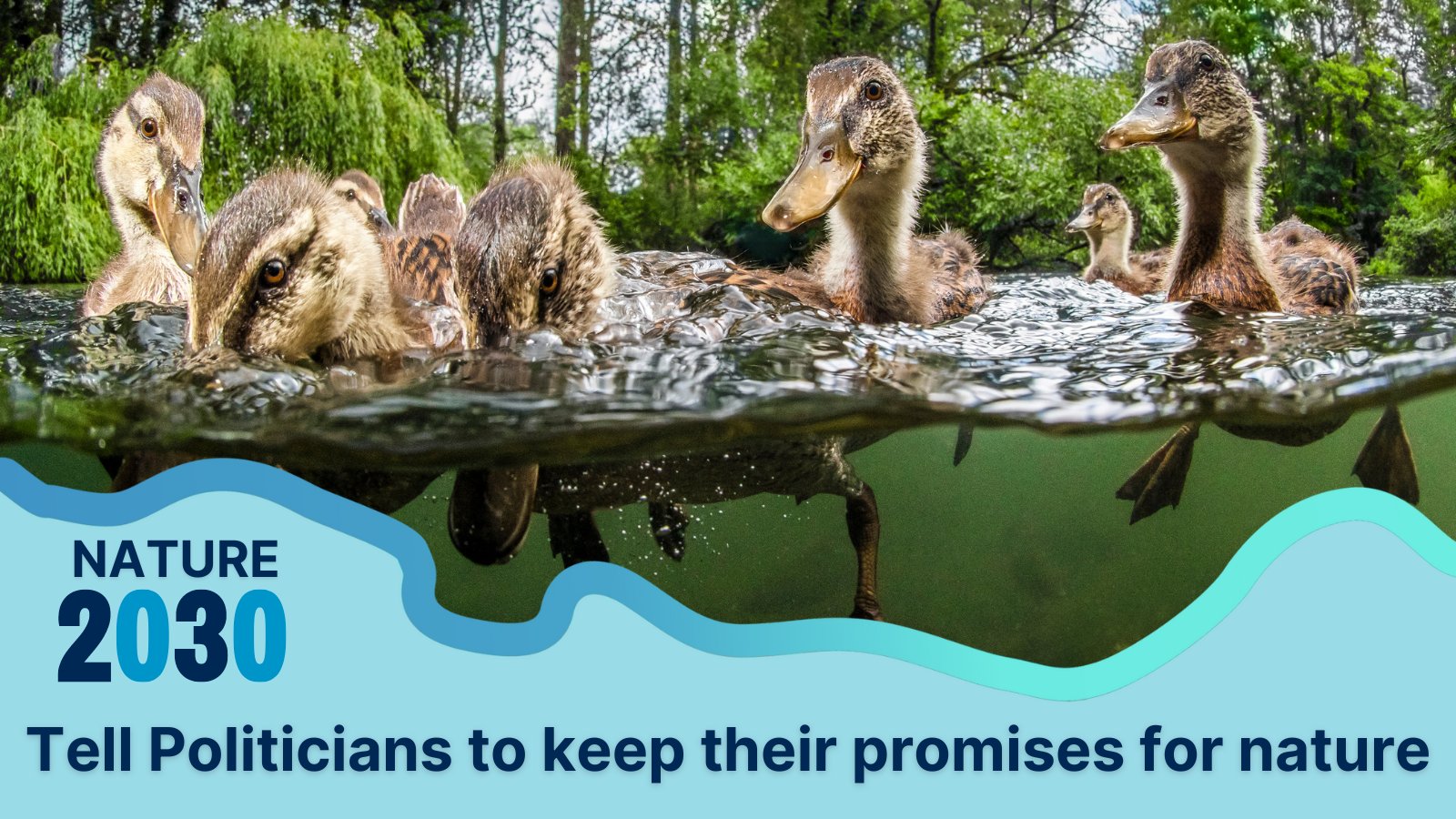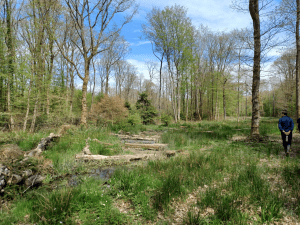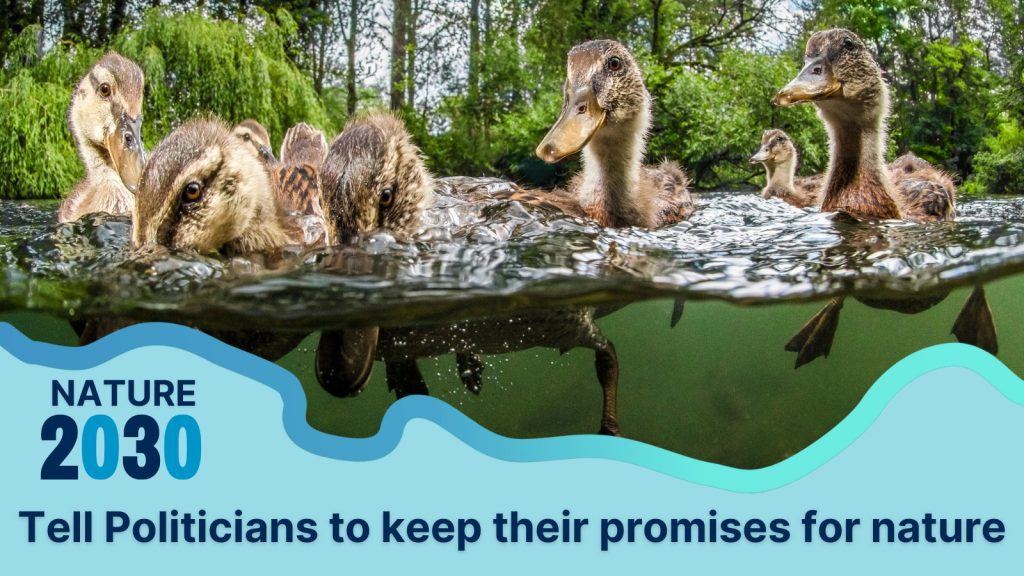The South East Rivers Trust has embarked on a project to improve a 1.4km stretch of the Upper Cray, running through Riverside Gardens in Orpington and St Mary Cray and ending at the Mill Brook Road upstream of Broomwood Lake.
The project comprises wetland reinstatement alongside habitat enhancements to the Upper Cray, it’s a fantastic opportunity to help restore your local river for the benefit of nature!
Join us to help construct brash wood berms to the River Cray using natural products. Berms are in channel features which narrow a channel and provide changes to the flow to help restore natural processes.
Anyone over 16 years of age is welcome, no previous volunteering or river restoration experience is required and full instruction and supervision will be given on the day.
This is physical work and whilst we will make every effort to provide a selection of different tasks, the work may not be suitable for anyone with back problems or other musculoskeletal injury.
All tools and equipment, inc. steel toe waders and gloves will be provided.
Meeting point: Riverside Gardens. Nearest postcode: BR5 4AB. Exact meeting point will be sent out to all attendees once signed up. Google map HERE
What to bring: Please wear appropriate clothes and footwear, it maybe cold so some extra layers and thick socks are advisable. We will provide hot refreshments but please bring a bottle of water and a packed lunch.
BOOKING ESSENTIAL – please RSVP using the button below and complete the form to secure your spot.
In the event of poor weather, this activity may need to be rescheduled. We will notify all attendees by phone/email if this occurs.
Booking for this event will close at 5pm on Monday 13th January 2025.
Minimum age 16 years old, unaccompanied 16 and 17 year old’s will need written parental consent. Please email volunteering@staging.southeastriverstrust.org for more information.
Please email volunteering@staging.southeastriverstrust.org to:
- Find out more information,
- Cancel your space if you can no longer make it,
- Submit parental consent for unaccompanied16 &17 year old’s.
To read our Health and Safety Guidelines for this event please click HERE.
Photos and video footage will be taken at this event and used by the Trust for promotional purposes (including but not limited to printed materials, social media, newsletters and the website) and potentially shared with our external partners and funders. From time to time, external media agencies could also take photos, film or record our events.
The Trust’s lawful basis for processing this is “Legitimate Interests” under the General Data Protection Regulations. As an individual you have rights. If you wish for SERT to stop processing this data for you, please talk to a member of staff or email info@staging.southeastriverstrust.org.
To read our Privacy Policy and see how we use and look after the information you provide when booking your spot at our events please click HERE.

